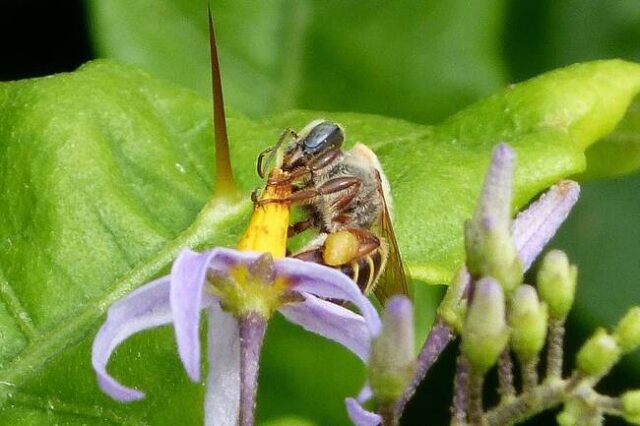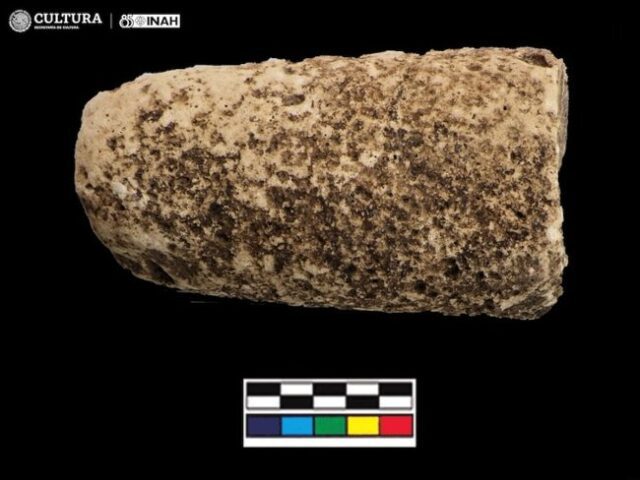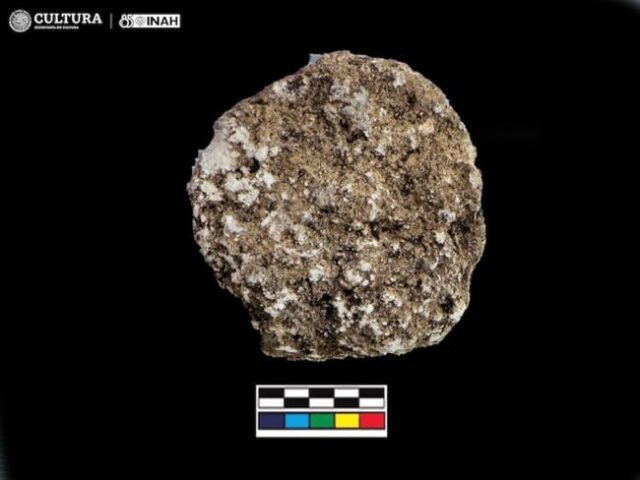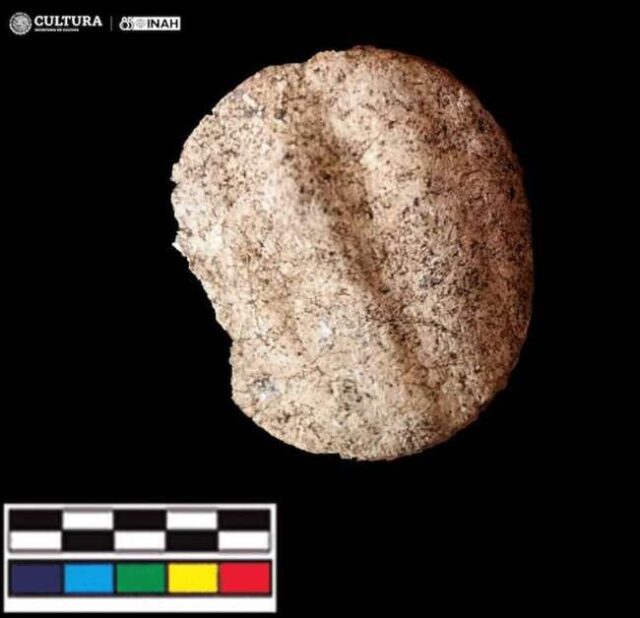
In the ancient Maya civilization, animals played a crucial role not only as a source of meat, hides, and feathers but also for their religious and symbolic significance. Among these animals, cultivating sacred stingless bees, known as Xunan-Kab, was particularly important. The Maya produced honey from these bees for food, trading, and ceremonial purposes, a practice well-documented in centuries-old codices. Recently, a team of archeologists unearthed tools used by Maya beekeepers between 950 and 1539 CE in the southeastern state of Quintana Roo. During construction work for the Maya train, archeologists from Mexico’s National Institute of Anthropology and History discovered three carved limestone lids, or panuchos, used to seal the hollowed-out logs that housed the bees. These artifacts, measuring approximately 8 by 10 inches, provide tangible evidence of ancient Maya beekeeping practices.

“Only one of the lids is well-preserved, while the other two show significant erosion,” explained archeologist Carlos Fidel Martínez Sánchez. The discovery occurred during the excavation of what was initially thought to be a drystone wall. However, the presence of the lids indicated the remains of a meliponary, an apiary dedicated to the cultivation of the Melipona beecheii, an endangered species still kept in the Yucatán Peninsula. These bees are unique not only because they are stingless but also due to their honey’s medicinal properties, which have been utilized by Maya healers for centuries. This honey, with its antioxidant and anti-inflammatory qualities, has a distinctly citrusy, floral flavor and a runnier, syrupy texture, making it highly sought after by food enthusiasts and chefs worldwide. The site also yielded other artifacts such as beads, ceramics, flint, an ax, and a hammer. Lead archeologist Raquel Liliana Hernández Estrada noted that these findings suggest the existence of housing complexes in peripheral cities near ceremonial sites, offering insights into the daily lives of Maya commoners rather than the elite, thus enriching our understanding of ancient Maya society.
















